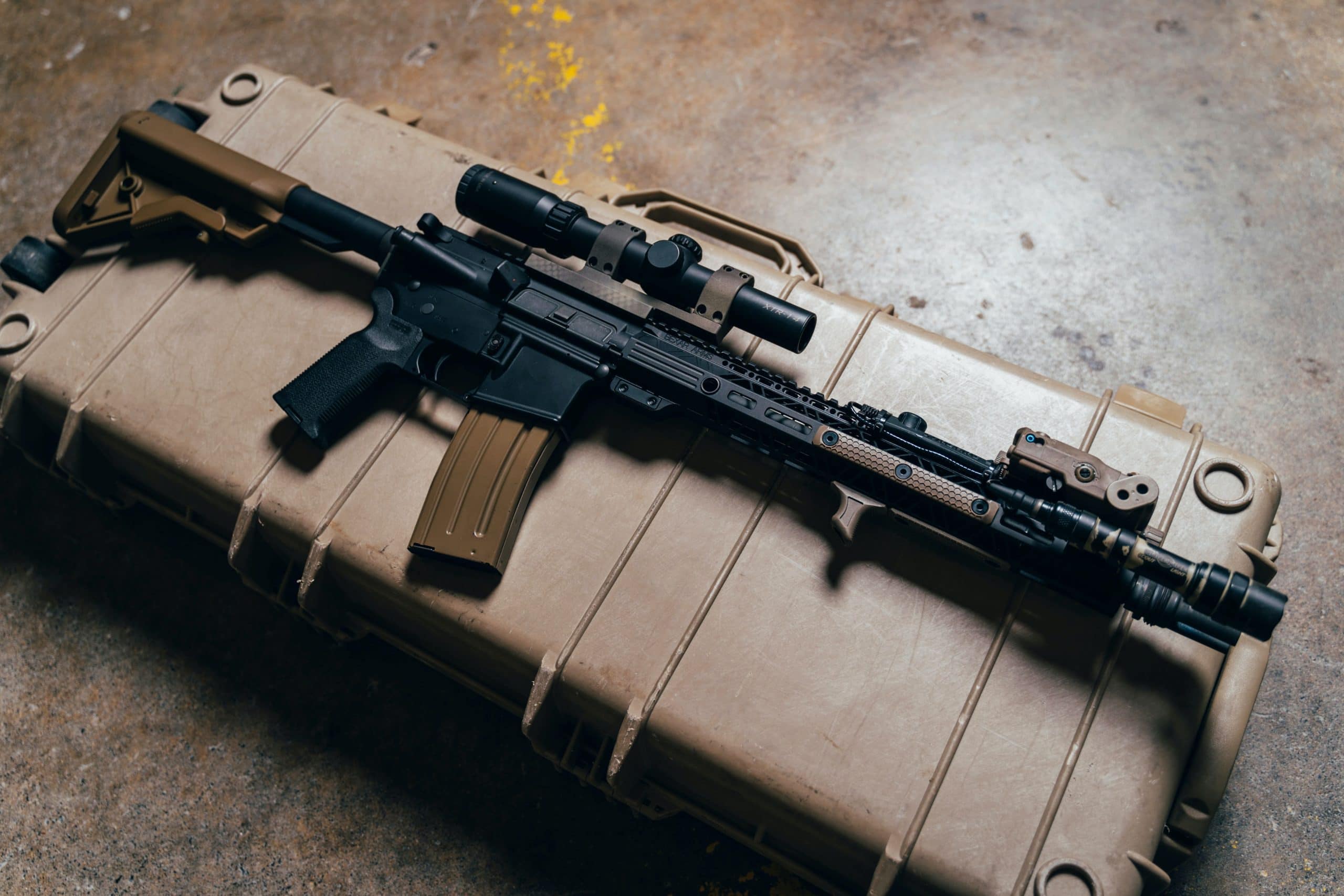
While French President Emmanuel Macron proposed a vision for a more federalized European Union in assuming the presidency of the European Union, his government has also made it clear that this goal does not apply to arms exports, on which its arms industry relies.
France is Europe’s top arms exporter–not counting Russia–followed by Germany, but at least part of the three-party German coalition government wants to rein in European arms transfers.
Defense News reports that more EU oversight of arms sales has long been a pet project of the Green Party, and the party wants to use its position in the new German government to advance that plan. Green Party member Annalena Baerbock is the head of foreign ministry. The coalition agreement, a policy outline that the parties signed on to in agreeing to form a government, includes coordinating with other European countries on a more restrictive arms export policy with “more binding rules.”
The question of the French position on the topic came up in a press conference on December 16th with Alice Guitton, the director general for international relations and strategy at the French Ministry of Defense.
Defense News reported Guitton stated that any attempt to give the EU more weight in national arms export decisions would face “great difficulties,” adding that “national prerogative” in arms transfers abroad was guaranteed in the EU’s founding documents.
The EU already has a common position on arms trade, but it has proven unenforceable.
Green Minister of Parliament Hannah Neumann recently told Euronews, “We have one common position on arms exports in the EU, but we have 27 national interpretations, 27 export systems, and an increasing divergence in actual exports of member states.”
Also, according to Defense News, France relies heavily on exports to sustain its arms manufacturing industry and is one of the loosest countries in Europe in deciding where to sell its arms. German rhetoric on arms–not selling arms into conflict zones or to governments known to abuse human rights–does not always align with the reality of the arms transfers the government allows, however. Private companies manufacture and sell weapons of war, but they can do so legally only with the government’s permission. Governments also profit from arms transfers, and currently the arms industry is doing quite well.
According to a report released in December by the Stockholm International Peace Research Institute (SIPRI), arms sales have been sustaining their highest levels since the end of the Cold War for the last ten years. The pandemic only made a slight dent in arms exports around the world.
France and Germany have notably increased their arms transfers, SPIRI reports. In 2020, France increased its exports by 44%and Germany by 21%. Spain and Italy are also major European exporters of arms. In total, European arms sales made up 21% of global arms sales in 2020, the report calculated.
But peace advocates fear that, contrary to the European Union’s common policy, European arms help fuel conflicts such as the already seven-year long war still raging in Yemen. Saudi Arabia, for example, one of the biggest importers of arms, is a major player in the Yemen conflict.
But it remains to be seen how hard Germany will push for greater enforcement of arms sales policies and how hard France will push back. In the meantime, the assembly lines of arms factories keep rolling.
